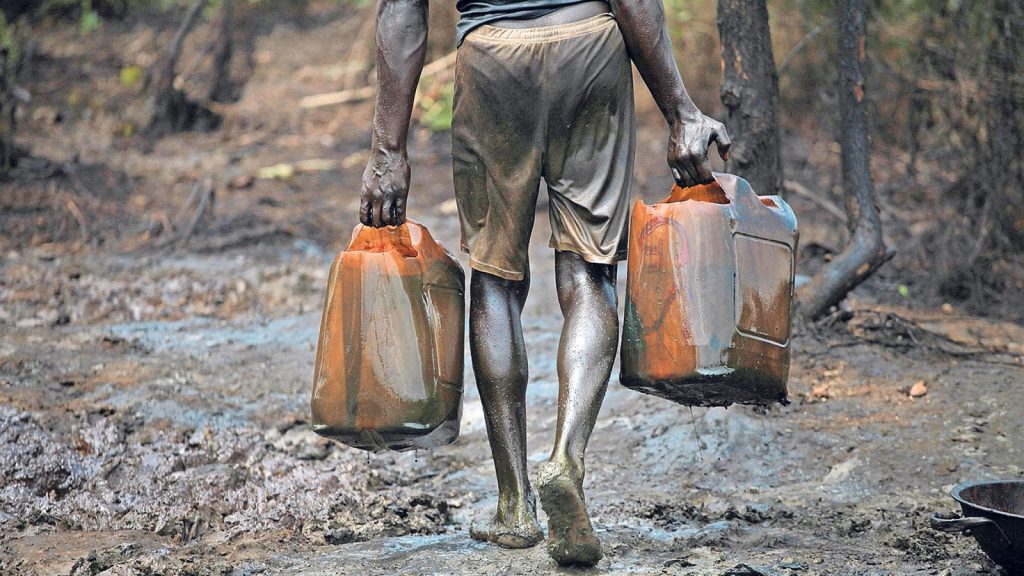The Nigerian Correctional Service (NCoS) in Plateau has brought to light the concerning situation of 129 inmates currently awaiting execution in the state’s correctional facilities. The command’s spokesman, ASC Godfrey Longdiem, disclosed this disheartening revelation in a recent interview with the News Agency of Nigeria (NAN) in Jos.
Of the 129 inmates on death row, 128 are male, and shockingly, one female awaits the same fate. Moreover, a staggering 700 inmates are languishing in the prisons, awaiting trial, with 691 being male and nine being female, highlighting the extensive backlog of unresolved cases in the state.
The situation further unravels with 55 inmates serving short-term sentences, 192 serving long-term sentences, and 49 inmates enduring life imprisonment. It is noteworthy that there are no minors among the incarcerated individuals, yet the dire conditions persist.
Expressing concern over the appalling state of prison facilities, Steve Aluko, the Executive Director of Civil Liberties Organisation (CLO), urgently advocates for comprehensive reforms in the corrections sector. He emphasizes the urgent need for a complete overhaul of custodial centers across the country to address the perpetual problem of congestion and its detrimental impact on the inmates’ health, well-being, and fundamental human rights.
In a contrasting context, stakeholders in Taraba state contest the existence of death row inmates in the state’s correctional facilities. Despite the absence of such inmates, the disturbingly high number of incarcerated individuals raises serious questions about the preservation of their human dignity.
Legal practitioner Aminu Mohammed clarifies that although there are no inmates on death row in Taraba, the prevalence of life sentences for capital offenses like murder has contributed to the overwhelming number of inmates, especially those awaiting trial. This alarming situation deems the correctional centers in Taraba unsuitable for human habitation, underscoring the urgent need for intervention.
Indeed, the call for increased judicial manpower, judicial independence, and expedited case resolution to alleviate the congestion in correctional centers echoes the need for a swift and efficient justice system.
However, the pursuit of confirmation from NCoS officials in Taraba regarding the absence of death row inmates met with non-compliance, fueling the urgency for definitive action to address the dire circumstances in the correctional facilities.
Raymond Ibrahim, the executive director of the Center for Justice and Development, urges the adoption of electronic justice dispensation to redress the sluggish pace of justice delivery, emphasizing the imperative need for a technologically driven justice system to streamline the dispensation of justice and mitigate congestion in correctional centers.
On the same note, legal practitioner Bridget Jonathan advocates for alternative dispute resolution mechanisms to circumvent the inundation of cases in the courts, underscoring the pivotal role of traditional rulers in reinforcing these mechanisms to alleviate the burden on the court system.
In conclusion, the plight of inmates on death row and the prevalent congestion in correctional facilities spotlight the urgent need for comprehensive reforms, expedited justice dispensation, and alternative dispute resolution mechanisms to safeguard the well-being and fundamental rights of incarcerated individuals in Nigeria.



